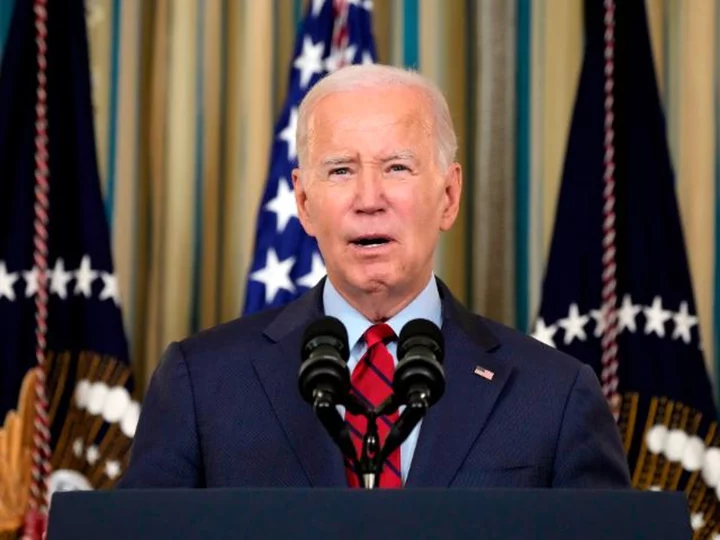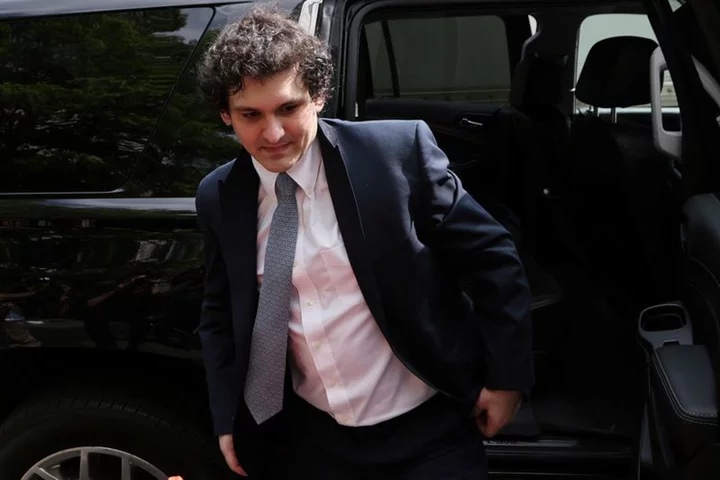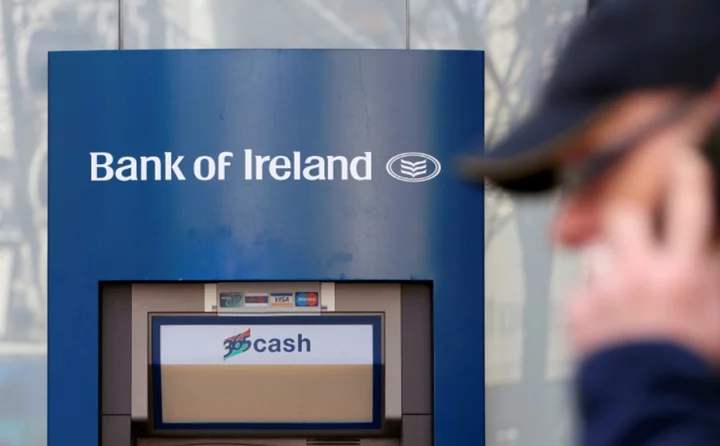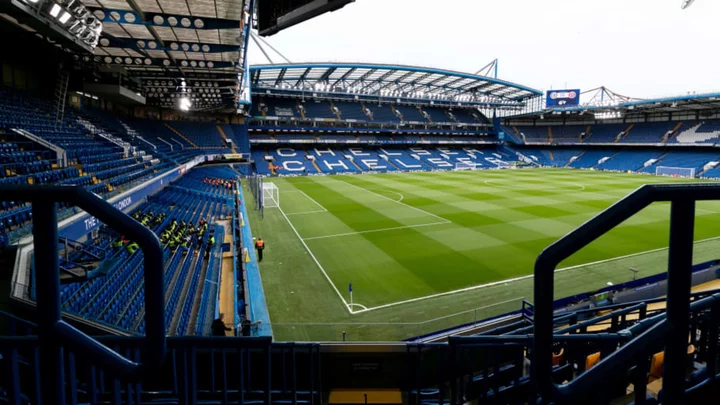Britain's opposition leader will promise on Tuesday that a future Labour government would "heal" the UK after 13 years of Conservative rule, tackling a cost-of-living crisis sparked by Brexit, pandemic lockdowns and the war in Ukraine.
Keir Starmer is set to pledge -- during the headline speech of his centre-left party's annual conference in Liverpool, northwest England -- to "get Britain's future back" if Labour wins a general election tipped for next year.
The address, due to start at 2:00 pm (1300 GMT), will focus on economic growth, health, safer streets and cheaper energy.
Starmer is set to warn that the path will be difficult to recover from a cost-of-living crisis sparked by the UK's departure from the European Union, Covid restrictions and the conflict in Ukraine.
But he will add: "What is broken can be repaired. What is ruined can be rebuilt."
"People are looking to us because they want our wounds to heal and we are the healers," Starmer will say, promising a "decade of national renewal".
"People are looking to us because they want us to build a new Britain and we are the builders," he is due to add.
The speech comes with the opposition party enjoying double-digit leads in most opinion polls ahead of a general election that Tory Prime Minister Rishi Sunak must call by January 2025.
Starmer has shepherded Labour back to the centre ground since becoming leader in April 2020, after succeeding left-winger Jeremy Corbyn following a landslide defeat to the Tories at the last general election in 2019.
"There is a vision here that I have not seen sort of presented by the party in a while," said Labour party member Henry Pearl.
"I feel that we're a government in waiting, as opposed to an opposition party," the 27-year-old told AFP.
Despite being well ahead in the polls, Starmer has faced criticism for being too cautious and for not clearly spelling out a vision for the United Kingdom.
- Economy -
Observers are keen to see whether he puts some flesh on the bones of his party's policies during the speech or whether he decides not to reveal his hand too early, with the date of the election uncertain.
"He's not as bombastic as previous leaders are but I think he's sort of sensible and strong and has that sort of gumption to get us over the line," added Pearl.
Labour rolled out a few policies at the conference, which kicked off on Sunday and is possibly the last before the election.
Starmer announced a £1.5-billion ($1.8-billion) plan to tackle waiting lists in the state-run National Health Service that have ballooned due to the impact of industrial action and a huge Covid pandemic backlog.
He also said Labour would target building 1.5 million houses over five years.
His deputy, Angela Rayner, announced a raft of pledges to strengthen workers' rights, including banning so-called zero-hour contracts, a type of casual work where minimum hours are not guaranteed.
Labour is expected to put the economy front and centre of its campaign. Starmer is due to tell delegates that he will "get Britain building", a reference to Sunak's announcement last week that he was scrapping part of a key high-speed rail project.
Rachel Reeves, who would become the UK's first woman finance minister if Labour is elected to government, told delegates her party's "economic mission is to restore growth to Britain".
The Tories have had three leaders since the last election, with Sunak taking over from Liz Truss after her radical tax-slashing agenda spooked the financial markets.
Reeves said the chaos that followed proved that "you can never trust the Tories with our economy ever again" and that she would introduce a law requiring any future tax and spending changes to be subject to an independent forecast.
Labour lawmakers are warning against complacency and apathy, though.
"The biggest opponent for the Labour Party at the next general election is not the Conservative Party any more, it's cynicism," Shadow Health Secretary Wes Streeting told a fringe event.
"People think things are so broken they wonder if any of us are capable of fixing it."
pdh/jwp/gil









